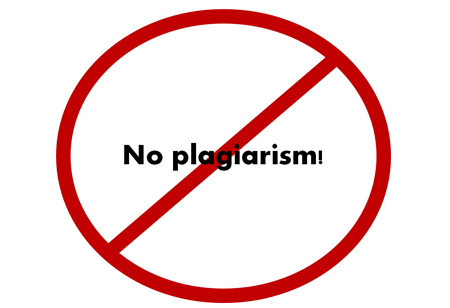The Merriam-Webster dictionary describes plagiarism as “the act of using another person’s words or ideas without giving credit to that person.” In other words, copying from a source without an appropriate citation can be considered plagiarism.
Various factors can lead to plagiarism, and they must be identified and resolved before even sending your document for publication. Instances of plagiarism are often coincidental and are often caused by lack of knowledge regarding citation rules. In most cases, “text recycling”—a comparatively innocent form of plagiarism, wherein authors plagiarize their own work—is the sole culprit of rejection from journals or any such avenues; incidentally, it is also the most common form of plagiarism.

Why You Should Avoid Plagiarism
- It is a federal crime in many countries.
- It can lead to severe consequences, such as retraction after publication.
- Most journals (regardless of their impact factor) have stringent rules against plagiarism and several in-house software to identify it.
- Other publication avenues (dissertations, theses, conference proceedings, etc.) do not appreciate plagiarism either.
Why Choose Us to Resolve All Your Plagiarism Issues
- Professional Analysis: Our team uses a high-quality software to analyze your draft and indicate the portions of your document that require rewording or changes.
- Rewriting: Our experienced editors will rewrite parts that require changes and ease your worries about plagiarism.
- Plagiarism-Free Manuscript: One of our main goals is to reduce any sign of plagiarism or text-recycling that may occur in the process of manuscript writing, may it be incidental or accidental.
For plagiarism analyses, we use PlagScan© or iThenticate©, a trusted software, which specifically measures the quality of the text by testing the originality of a document
